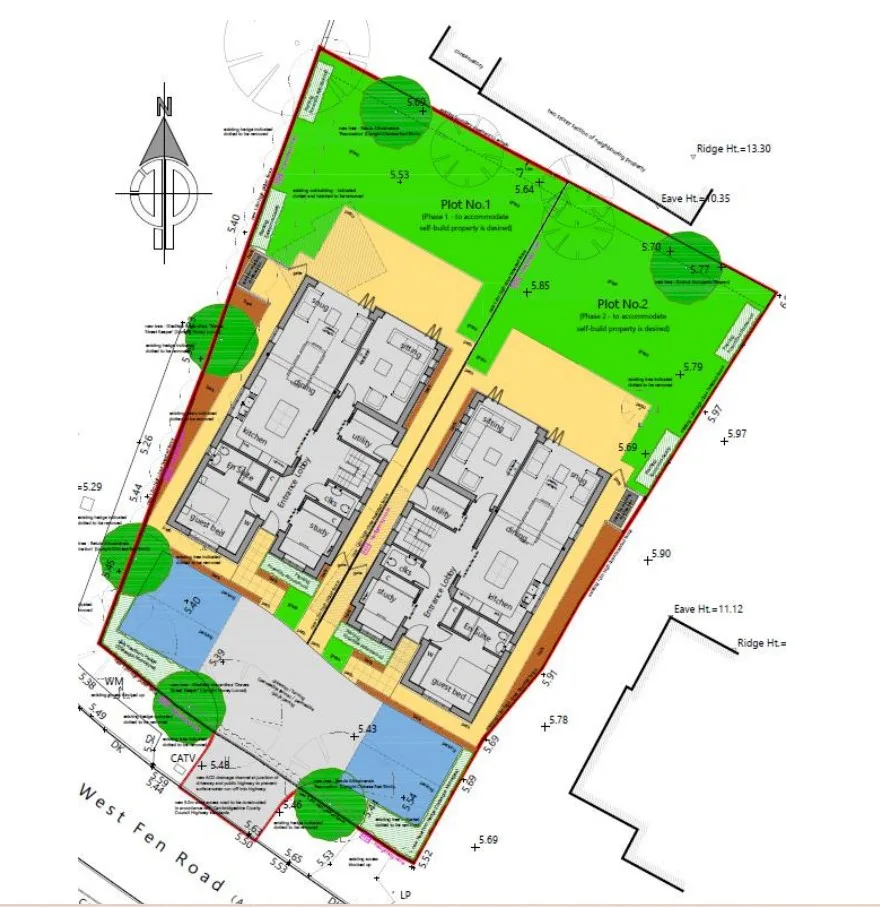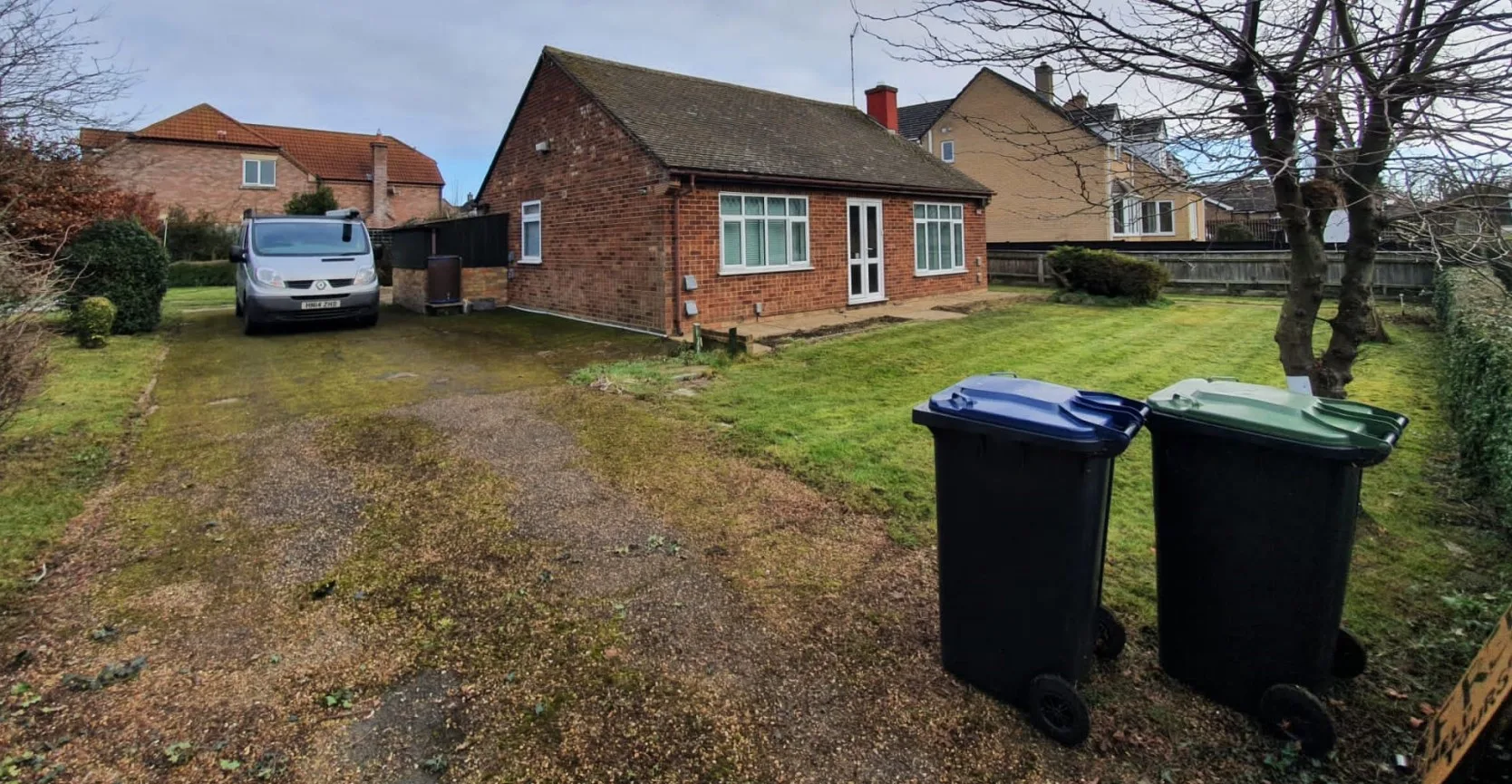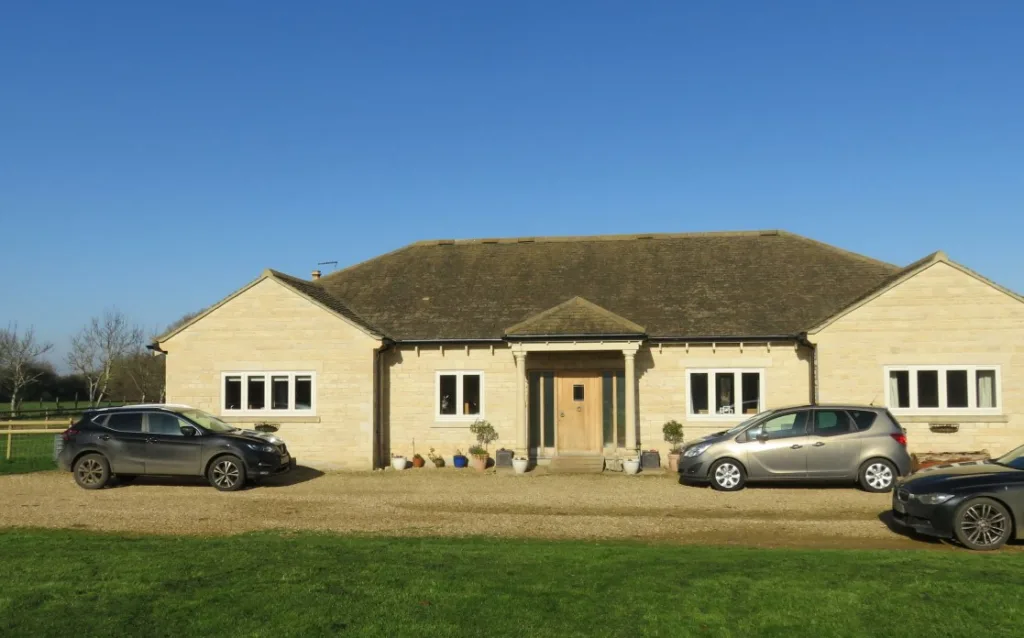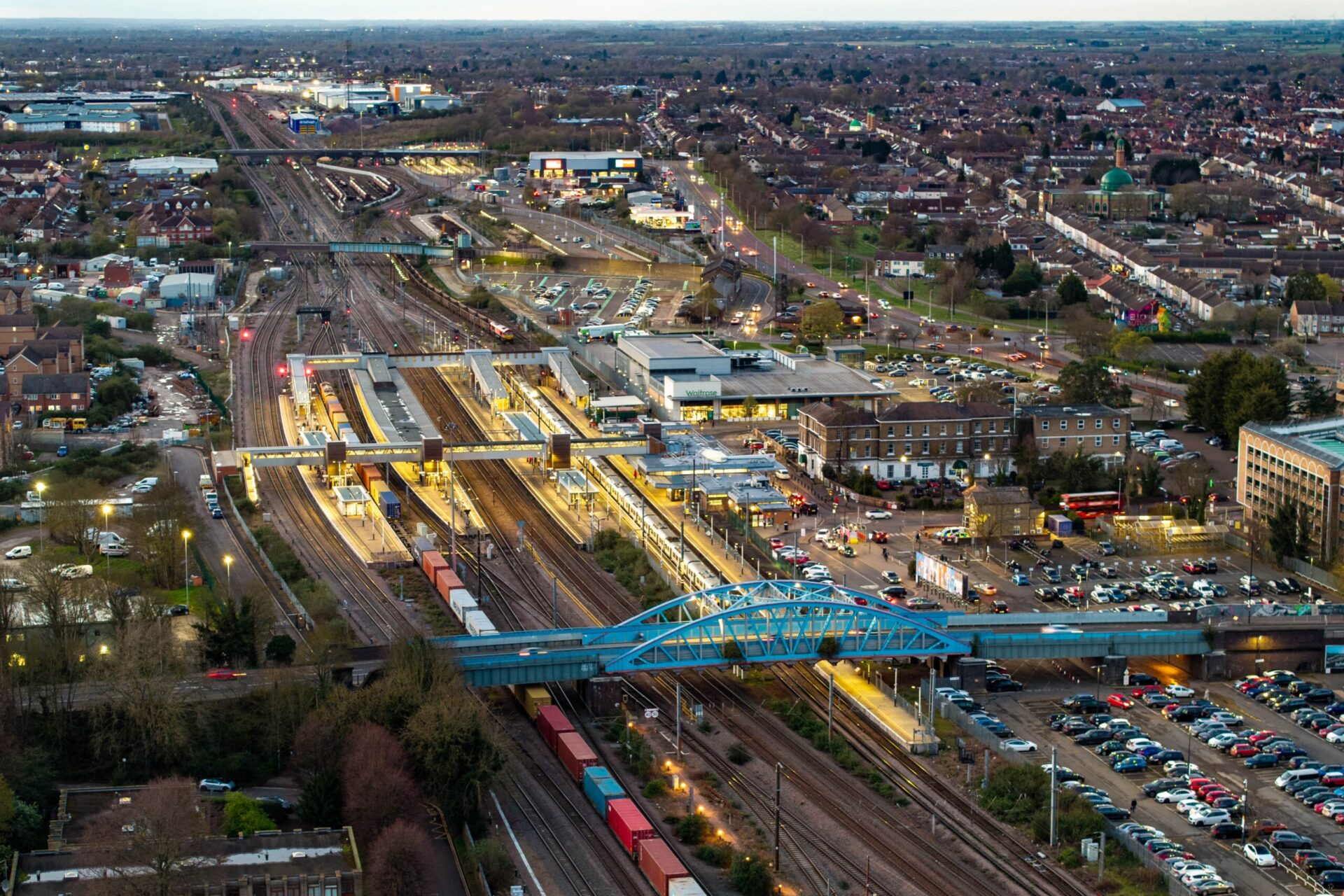Days after it refused to allow the demolition of a bungalow and build two four-bed homes on the site, a fresh bid for planning consent has been submitted.
Lildex Ltd, owned by businessman Sam Oliver, had the original application for 162 West Fen Road, Ely, rejected by East Cambridgeshire District Council.
Planners told him his original proposals would “result in a significant adverse impact to residential amenity”.

The council said a “first-floor bedroom window in the rear elevation of plot 2 would overlook the garden and rear elevation of the neighbouring dwelling, 160c West Fen Road.
“The overlooking is more severe than in the scheme previously permitted as the first-floor window is materially closer to the neighbouring dwelling”.
Now a revised and amended application has been submitted to East Cambs Council.
Lildex’s advisors told the council that if approved “the construction team will reduce as far as possible any potential impacts of construction on the highway network during the construction phase”.

They also promise a traffic management plan to reduce the impact of the construction work on the existing road network.
“In the event a delivery vehicle is too large to enter the site a competent banksman will be employed to ensure that vehicles enter and leave the wider road network in a safe and acceptable fashion without encumbrance to other road users or to the detriment of highway network safety,” says the report.
“The public highway within the vicinity of the site will be swept within an agreed time frame as and when reasonably requested by any officer of the Highway Authority.
“It is recognised that construction traffic occasionally damages the public highway – any such damage will be repaired in a timely manner at no expense to the Highway Authority.”
It adds: “Deliveries will be scheduled with the main suppliers to ensure that no problems arise as result.
“It is anticipated that a maximum of 4 construction vehicles will be on site at any one time – there is sufficient space on site to accommodate these parking requirements.”
And as for mud on roads, the developer promises that “areas of the site will be temporarily covered with hard-standing and the materials to be used for construction will predominantly be of a granular nature and stored within or on the suggested areas.

“The potential for mud is therefore much reduced. By segregating the on-site traffic from the delivery vehicles this can be further reduced”.
The report to planners says: “There would be the potential during certain phases of the construction for vehicle washing.
“The developer will therefore enforce strict measures to avoid the environmental nuisance of mud on roads.
“These measures will include but are not limited to the employment of road sweepers where necessary, and adequate sheeting of vehicles carrying waste materials.
“Measures will be taken to ensure that mud and debris is not swept into any road gullies on the wider road network.”
The developers also promise that “basic precautions will be taken to minimise noise on the site.
“In the event that a complaint or concern is raised, an immediate review will be completed to remove the problem wherever possible and to establish what levels of noise and vibration have been emitted from the site.
“The interested parties will also be notified. In the event that the reasonable limits have been exceeded, the operation will be modified and the noise and/or vibration rechecked from that operation to verify that the corrective action has been effective.
“These actions may include reducing the operating hours, resting the equipment, changing the method of working or temporary barriers.
“In the event that the noise levels are not found to be unreasonable, the complaint will be reviewed, and discussions held with the third party to understand the problem further and evaluate whether the particular problem can be rectified or at least improved.”

























